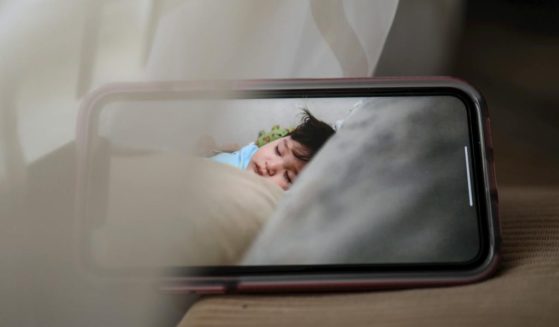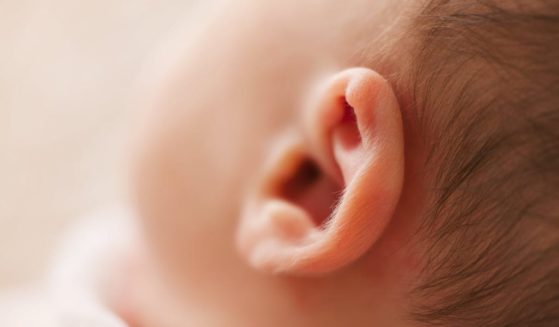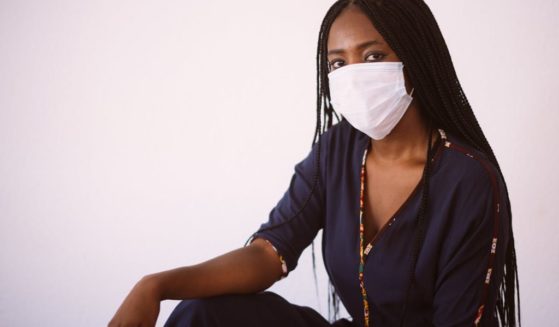First Amendment Group Fries Florida University in Lawsuit Over 'Vague' Bias Response Policy
The University of Central Florida is under fire this week for a series of behavioral policies and response measures that conservative interests argue are “chilling student speech.”
In a fiery public statement released Tuesday, Speech First, a nonprofit focused on college students’ free speech rights, announced it had filed suit against the Orlando university on behalf of three unnamed students who allege they have seen their First Amendment pursuits inhibited by vague computer use, bias response and discriminatory harassment policies.
Intended to combat “hostile” student environments, those sets of guidelines give university administrators the authority to intervene and investigate any “bias-related incidents” or statements “that reasonably could be perceived as being harassing, invasive, or unwanted.”
The policies also extend to cover online and off-campus incidents, but they fail to outline even one example, leaving students in the dark as to what constitutes a violation.
Liability in such a case can provoke a variety of disciplinary measures, including restricted network access and “discussion, mediation, training, counseling and consensus building” sessions built around social justice education.
Insubordination at any of the educational stages in the process is, in turn, met with swifter administrative action.
“UCF’s disciplinary measures associated with their bias response team resemble reeducation camps, forcing adult college students to sit through patronizing lectures on which types of speech the university considers acceptable,” Speech First founder Nicole Neily said in a statement in the news release.
“Unfortunately for the school, the Constitution does not give UCF the authority to judge the content of student speech.”
Speech First v. Cartwright, et al. by Andrew J. Sciascia on Scribd
Only 3 years old, Speech First has filed four similar suits on behalf of its student members nationwide. Iowa State and the Universities of Texas, Michigan and Illinois, Neily’s alma mater, have all found themselves in the crosshairs since the group was created.
UCF will be the largest secondary education titan to come under the gun, however, with U.S. News and World Report in September ranking it the most attended American undergraduate university with nearly 59,500 enrolled.
And according to Neily, this is not the university’s first time running afoul of conservative free speech interests.
UCF also saw substantial student pushback against the on-campus appearances of right-wing icon Ann Coulter and gun rights activist Kaitlin Bennett last year.
The university was again engulfed in controversy this past month, with associate psychology professor Charles Negy terminated for an alleged violation of the “discriminatory harassment” policies now under legal scrutiny.
In Negy’s case, his allegedly poor handling of a sexual assault allegation against his teaching assistant certainly muddied the waters — but some have suggested the professor was initially targeted for bias reports and university investigation as a result of social media posts revealing his conservative leanings.
Neily told The Western Journal on Wednesday that wider on-campus efforts to tarnish Negy’s reputation, with progressives encouraging bias and harassment filings against him, were part of what led the three student plaintiffs at UCF to fear administrative abuse of expanded behavioral policies.
“It gives these administrators — remember, this is a state university, right? It’s a state actor. They have to uphold the First Amendment. They can’t discriminate on the basis of viewpoint or content. And, but that’s what they’re doing with these programs,” Neily said, later adding, “It is a university administrator who’s determining what is hateful, what is offensive, and that gives them this broad discretionary power to pick winners and losers.”
The university, for its part, denied any such claim, highlighting previously published commitments to free speech, with yet another caveat on verbal discrimination.
“We are still reviewing the complaint. However, the University of Central Florida has a long history of supporting free speech and open expression, and believes so strongly in that right it is guaranteed in the first paragraph of our Student Rules of Conduct,” strategic communications director Mark Schlueb told The Western Journal in an email, quoting the document.
“We also expect our students and employees to follow state and federal laws that guarantee freedom from unlawful discrimination, and our policies are meant to ensure that.”
Neily went on to highlight the broadly defined violations laid out in the policies now under scrutiny, suggesting administrators had been intentionally vague in an effort to give the conduct system sharper teeth and a wider reach.
“It’s a catch-all,” she said. “I think of them as like weasel words, because no school is dumb enough to ban Republican speech, conservative speech, religious speech, right? That would obviously be struck down. And so, they have these really, super broad terms.
“It’s really vague. Who knows what that means? I mean, what’s offensive to me might not be offensive to you. It’s very much in the eye of the beholder. It puts students in a position where they have to tailor their language to what the most sensitive student on campus might interpret their remarks to be.
“I mean, if you’re in that position, it makes total sense just to keep your mouth shut, because you don’t know who is going to turn on you or turn you in at any time. It’s super risky. And the fact that the school claims jurisdiction over off-campus, online, no time horizon?” Neily said.
“They are giving themselves power that, like, the FBI doesn’t have, which is mind-boggling to me.”
Truth and Accuracy
We are committed to truth and accuracy in all of our journalism. Read our editorial standards.












